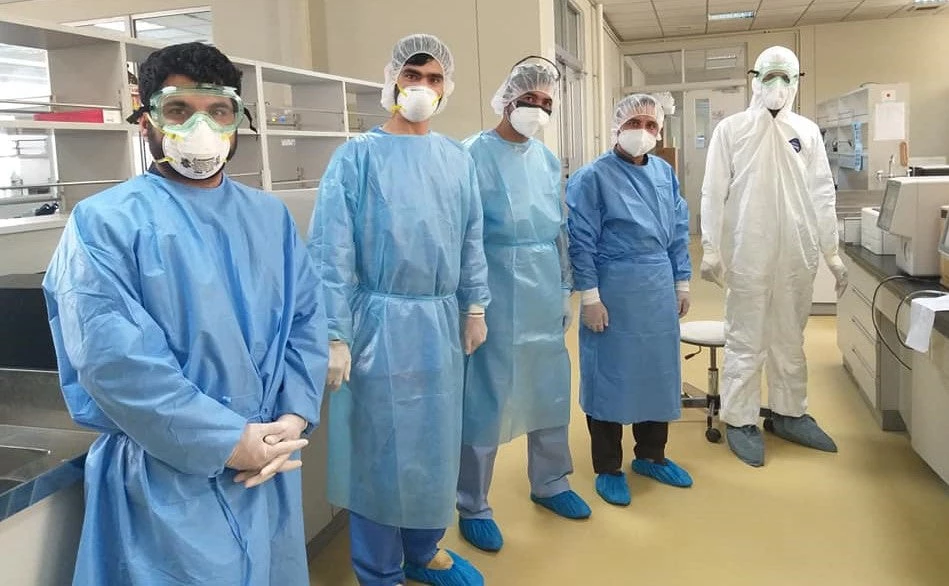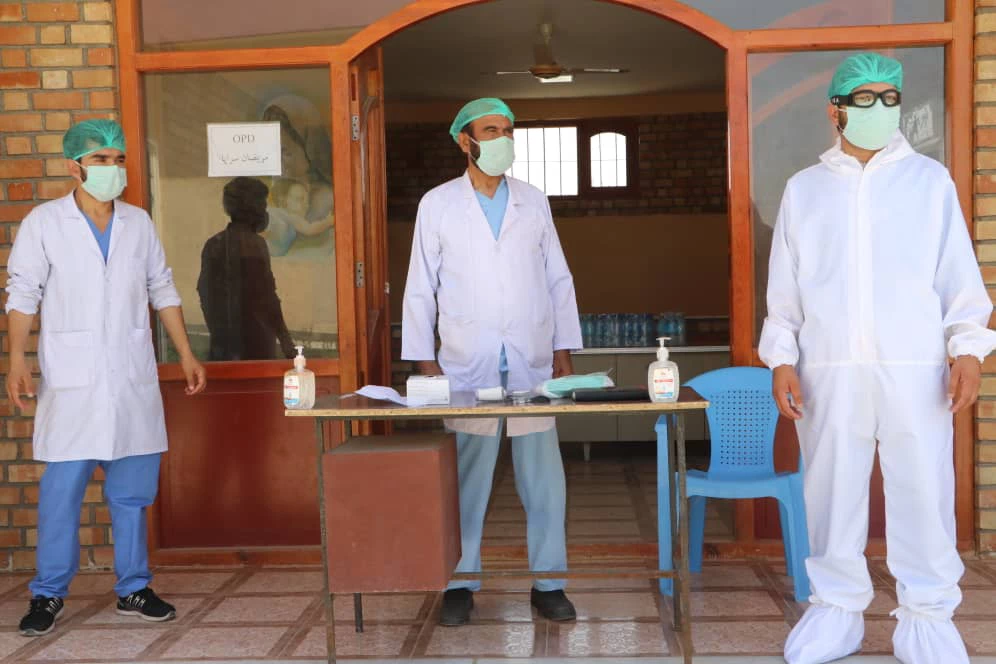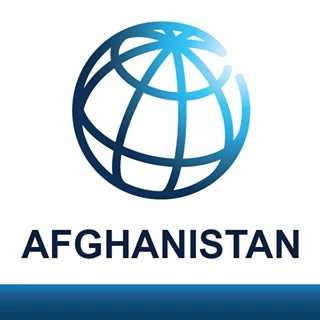 Afghan medical doctors serving COVID-19 patients
Afghan medical doctors serving COVID-19 patients
Since the coronavirus escalated in Afghanistan last April, the Ministry of Public Health (MoPH) has gone some way to mitigating this health crisis and signed into action the $100.4-million World Bank-supported Afghanistan COVID-19 Emergency Response and Health Systems Preparedness (grant) Project.
Despite initial measures to curb the spread of the virus, such as suspending air and ground travel and putting the country under lockdown, the number of people diagnosed with COVID-19 continued to rise in Afghanistan.
Since the first COVID-19 case was recorded in Herat province in February until July 20, Afghanistan logged in a total of 37,953 cases and 1,385 deaths according to MoPH data. Kabul, the nation's capital and most populous city, bears the brunt of the outbreak with 14,371 confirmed cases and 456 deaths.
The project has so far shipped 863 metric ton PPEs to Kabul
Thanks to the World Bank grant, the Afghan government has supported infected persons, at-risk populations, medical and emergency personnel, service providers, as well as medical and testing facilities, and national health agencies .
The project is well underway with the collaboration of several stakeholders. The United Nations Children's Fund (UNICEF) flew in emergency health supplies in June, including single-use medical supplies for intensive care units (ICUs), X-ray and laboratory reagents, and 150,000 personal protective equipment (PPE) kits for more than 6,800 frontline health care providers in six months. The project has so far shipped 863 metric ton PPEs to Kabul.
These supplies have enabled health workers, who are at high risk of exposure, to identify and care better for up to 10,000 hospitalized COVID-19 patients. The project has also added almost 1,300 intensive care unit beds across the country.
Further, in cooperation with the World Health Organization (WHO), seven existing laboratories have been equipped, and two new ones set up for COVID-19 testing under the project.
Raising public awareness is also crucial to slowing the spread of COVID-19. To that end, the project has helped disseminate 10,000 radio, television, and print messages on COVID-19 symptoms and prevention between April and August 2020.
The project aims to lower COVID-19 testing turnaround to 48 hours or less for 70 percent and reach a 50 percent public awareness rate
MoPH coordinates the work of non-governmental organizations responsible for public awareness campaigns, UNICEF, WHO, and third-party monitoring carried out under the project.
In the short-term, the project aims to lower COVID-19 testing turnaround to 48 hours or less for 70 percent of confirmed cases and reach a 50 percent public awareness rate , ensuring that at least half the population can identify three key symptoms of COVID-19 and three personal prevention measures.

In the medium term, the project aims to trace successfully 70 percent of identified contacts; ensure 80 percent of provincial hospital doctors and nurses are trained on WHO standards of clinical treatment for COVID-19 and ensure 80 percent of provincial hospitals have isolation facilities available;
Many of us working at MoPH are medical doctors who have practiced in hospitals around the country. As such, we have an acute understanding of the challenge that lies ahead as the pandemic rages around the world. We feel called upon not only as doctors but also as public servants to take the lead during this uncertain time.
With the assistance of the international community and financial support from organizations such as the World Bank, we have high hopes of saving countless lives and further strengthening the health care system on which millions of Afghans depend each day.


Join the Conversation